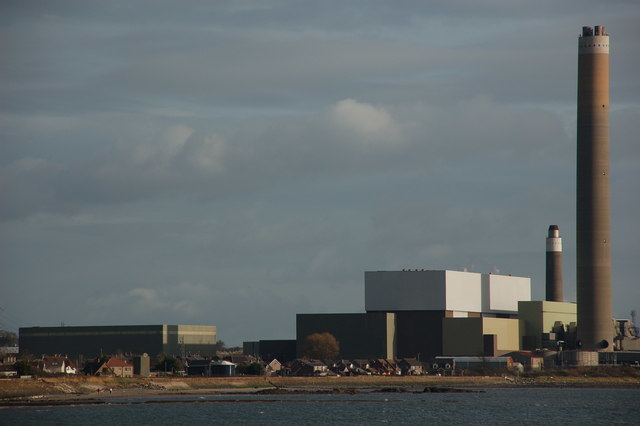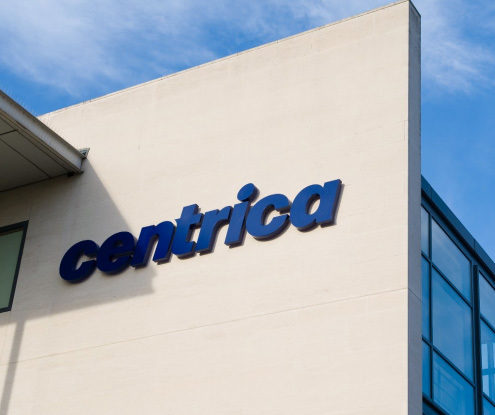
An energy company whose Co Antrim workers are threatened with redundancy made £9 million profit in 2016.
Around 240 posts at Kilroot coal-fired power station could go in May after the plant lost out on an all-Ireland contract to supply electricity.
Kilroot owners AES told the Northern Ireland Affairs Committee of MPs no dividends had been paid from their multimillion-pound profits, and the money had been reinvested in the business.
Capacity payments are made to generators which are available to generate and helps safeguard supply.
Under changes to the Single Electricity Market, generators will only get this payment if they actually provide the generation required.
Utility Regulator chief executive Jenny Pyper said: “It has been described to me by business representatives as a nice little earner, it has been a top-up payment.”
She said the world had changed.
“Why should consumers pay, and pay a premium payment for plant that is not needed?”
“We need to have a best in class, modern, efficient competitive market and that is one that is needed to be based on competition, not on stable, nice little earners.”
Kilroot lost its bid during the first auction of the new all-island electricity market as part of reforms intended to increase competition and lower consumer prices.
AES said the decision sent a strong signal to it to exit the market.
UK and Ireland president Ian Luney said: “Capacity… has not been a nice little earner, it was absolutely essential to ensure that we covered our costs.”
While confirming £9 million profit in 2016, he said profit margins had “diminished” with the risk some costs would not be covered and warned of bankruptcy fears.
He added: “That is not sustainable after May 23.
“We cannot just hang on, we have not got the reserves to do it, we have not got the ability to do it and we would be bankrupting the company if we did that.”
Ms Pyper said the capacity payment was there to make sure that there is sufficient capacity to allow for the rare periods without sufficient wind.
“It is not any longer going to be a nice little earner, companies are going to have to work for it.
“For the first time there is a competitive dynamic in it.
“AES, as with all the players, make commercial decisions about which units were back in and at what price.
“It is not surprising that the most expensive units were unsuccessful and those units back in at a lower price were successful.”
Northern Ireland consumers have suffered from the lack of competition in the market, she added.
Ms Pyper said contracts had proved extremely lucrative for companies like AES, which were good employers but operated for commercial reasons rather than philanthropy.
